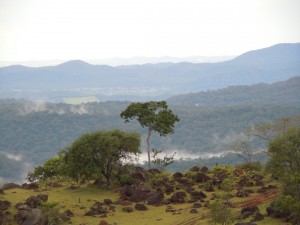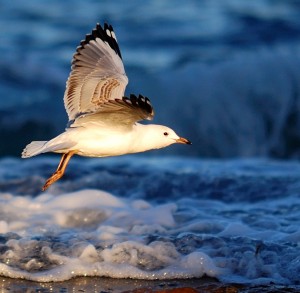Search Results for Tag: #numberoftheweek
Deforestation in Brazil jumps about 29% – our #numberoftheweek

Brazilian Rainforest, credit: DW/Michael Wetzel
On Wednesday, the Brazilian government released statistics showing that the destruction of the world’s largest rainforest jumped 29% last year. According to satellite data, 5,891 sq km of forest disappeared in the 12 months leading up to the end of July 2013. That is the equivalent of the size of the country of Puerto Rico.
One reason for the rebound in the deforestation rates is illegal logging, but also big infrastructure projects in the Amazon, such as roads and hydroelectric dams. The not-so-bad news here is that the 2013 figure is still the second-lowest annual loss recorded by the Brazilian government since it began tracking deforestation in 2004. Back then almost 30,000 sq km of forest was lost.
The below graph shows the deforestation rate from 2004 until today, provided by the Instituto Nacional de Pesquisas Espaciais (INPE). On this page you will also find more detailed information in the organization’s report, but it helps a lot if you understand português do Brasil.
462 birds – our #numberoftheweek

Bird in the Sun (Photo: CC BY 2.0, Misty via flickr.com: http://bit.ly/1zaWbqD)
Now it’s time for some good news, our soaring #numberoftheweek: The world could contain 462 more bird species than previously thought. 462! That’s really something!
But how can it be that such a large number of bird species had remained undiscovered until now? Did the birds hide somewhere? In large trees? Underground? No, of course not. The discovery follows one of the most comprehensive analyses of today’s known bird species.
As a result, hundreds of birds that had been regarded as sub-species were in fact thought to be different enough to be considered separate species. (via The Independent)




Feedback